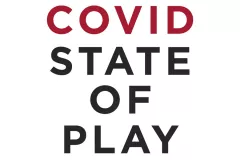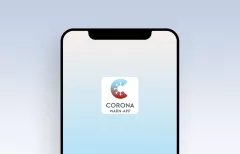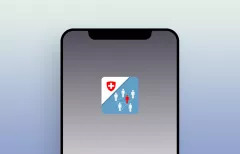BKC Policy Practice: Digital Pandemic Response
Digital Pandemic Response (BKC PP: DPR) is an interdisciplinary program that works with public and private decision makers on urgent questions and policy decisions around the use of digital tools and data in order to help attenuate the COVID-19 pandemic.
Committed to supporting policymakers in the private and public sectors who face difficult challenges when developing and deploying digital tools in response to the current health crisis, the Digital Pandemic Response policy practice takes on specific implementation questions and works with participants on pragmatic approaches while advancing the public interest. The policy practice creates a space for learning and capacity-building in which participating organizations can work with small, agile teams, composed of faculty, staff, students, and outside expert collaborators, to identify key problems and create actionable outputs. Outputs range from policy frameworks to open educational resources and are developed with an eye towards inclusion, replicability, and broad usefulness.
Currently the team focuses on implementations of digital contact tracing within the United States, and also engages with other forms of digital pandemic response that raise questions related to privacy, security, and autonomy, and include international perspectives. The policy practice’s agenda is flexible and evolving, informed by the needs and interests of participating organizations.
This program includes an expert discussion group, the Digital Pandemic Response Working Group, co-chaired by Margaret Bourdeaux of the Harvard Medical School’s Global Public Policy and Social Change program and Urs Gasser and Jonathan Zittrain of the Berkman Klein Center.
To contact the Digital Pandemic Response team please email: [email protected]
The program is generously supported by the Ford Foundation, Hewlett Foundation, and the MacArthur Foundation.



























































